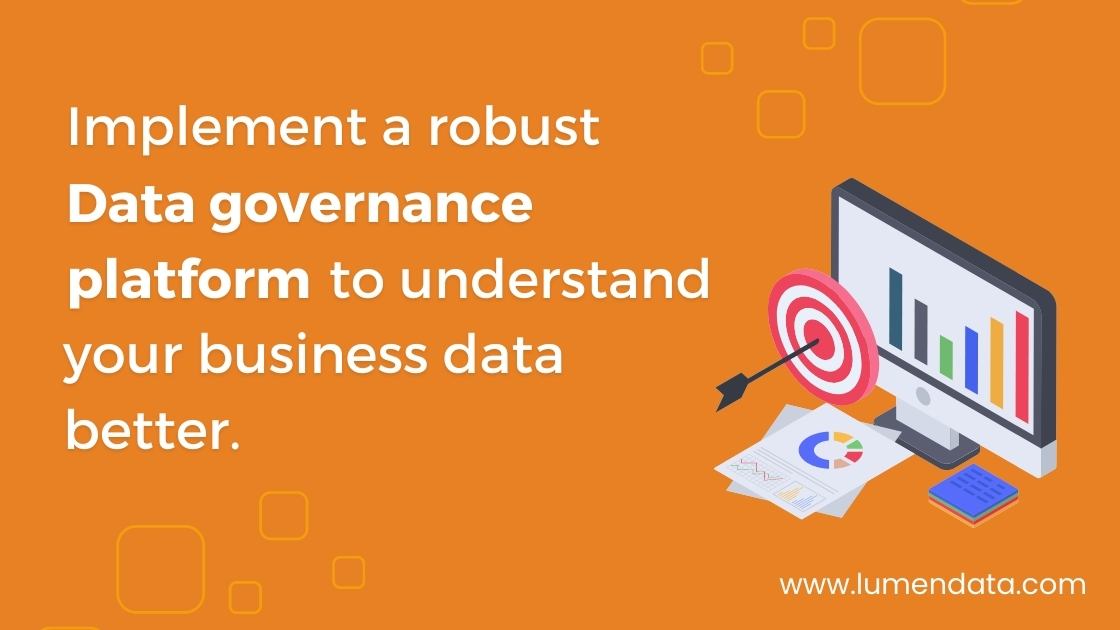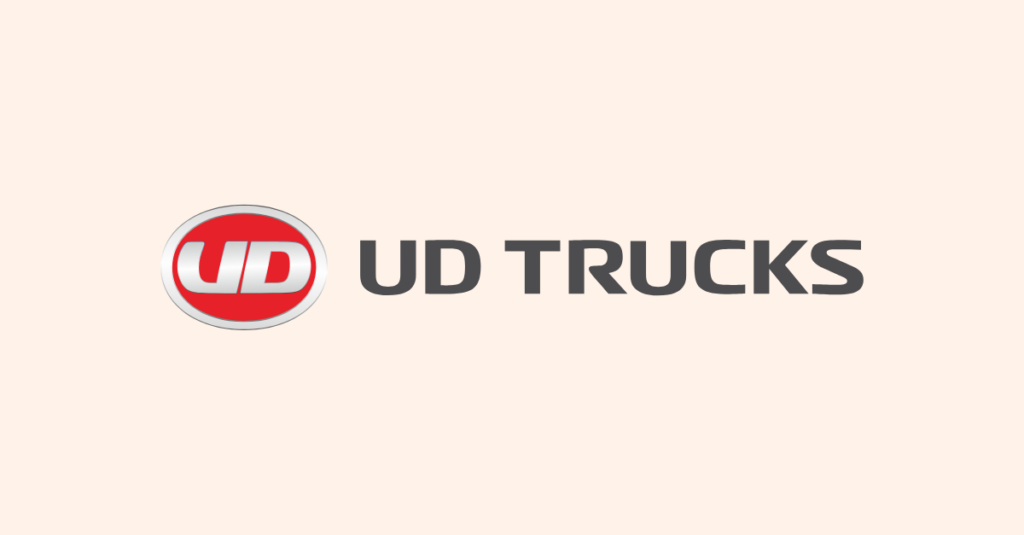“The Identity Theft Research Center (ITRC) reports the 17% increase we’ve already seen over the 2020 total number indicates we could be facing a record-breaking year for data compromises.”-Forbes.
Data is available on multiple sources, on the cloud, and on-premises across IoT-enabled devices paving way for an unprecedented level of attacks to breach intellectual property and data. The lack of a uniform approach to tackle both structured data and fluid data (data generated on the move) adds to this predicament faced by enterprises. Businesses cannot afford to ignore the need to implement data governance controls; progress can be achieved only if a transparent yet systematic approach is adopted to handle all kinds of data. This will slowly set the ball rolling in favor of reusing such data to generate insights and automation of processes.
The need for “Data Governance” and how is it going to help businesses handle their data better?
Enterprise data plays a crucial role in leading a fast-paced digital transformation strategy. Further-
- Senior management requires accurate and timely data to make strategic business decisions.
- Marketing and sales professionals need reliable data to understand the needs of their customers.
- Procurement and supply-chain-management personnel need updated information to track inventory and reduce manufacturing costs.
- Compliance officers are required to prove that the data handled adhered to both internal and external mandates.
Enterprises are compelled to maintain consistent data quality to adhere to regulatory compliance mandates on digital users’ data as a priority. Businesses need to ensure data security, ensure effective data masking of personal data (using SSN, and passwords), and be compliant with up-to-date data protection and privacy laws like GDPR (General Data Protection Regulation). Data Governance manages the availability, integrity, security as well as effective usage of data based on a set of standards and policies such that data is consistent and trustworthy throughout. With an increasing influx of new data privacy regulations and businesses relying on data analytics to help optimize operations and decision-making; a robust data governance solution is a must. A data governance framework regularizes control and management of enterprise data that powers advanced and reliable analytics; minimizing the risk of using sub-standard data and enhancing data security. It is not just about storing data and securing it but also being accountable for that particular data asset along with technology.
Data Governance in a nutshell
- Improves data quality.
- Provides stakeholders with easy and reliable access to relevant data.
- Projects data lineage and makes understanding better.
- Better cost control as data duplication is removed.
- Reduced risk of major disruptions exposing data.
- Actively assists in the adoption of Regulatory Compliance.
- Improved outcome of decisions made based on data.
Data governance clearly outlines and documents ownership information of a company’s data, access extended, data sources, and the measures in place which ensure data is secure and compliant with regulations. As businesses scale and accumulate more data sources and assets, there is a need to develop the right environment and architecture to govern sources, integrate them, and enable their access. Data integration impacts the workflows and decision-making of various teams; hence the emphasis on accurate data blocks at the foundation level. Data governance tools, in summary, throws light on what data is held, where it resides, and how it can be used.
Benefits of implementing a robust Data Governance solution
- Using strong robust data governance practices, data is protected as well as can be used for obtaining deeper insights across functions.
- In today’s day and age of data-driven marketing and remote working culture, data compliance regulations are a must. Data governance promotes security and compliance and reduces the risk of breaches and fines.
- It helps connect and unify information across systems and helps derive meaningful relationships thus exploring the maximum potential of what enterprise data can offer.
- It helps analytics teams innovate and attempt to automate specific tasks with machine learning algorithms, thus helping optimize the use of other resources.
Conclusion
Without effective data governance, data inconsistencies in different systems across an organization can have catastrophic consequences. Imagine, for instance, if customer names are listed differently in sales, finance, and customer service applications. This will grossly complicate data integration efforts and create integrity issues that will in turn affect the accuracy of business intelligence (BI), enterprise reporting, and analytics applications. Data errors might not be identified on time and fixed, further causing a cascading effect on all other reports.
Businesses today have begun to understand the long-term impact of using data assets; governing it using a well-rounded governance strategy can empower data to fetch better results at all times.





